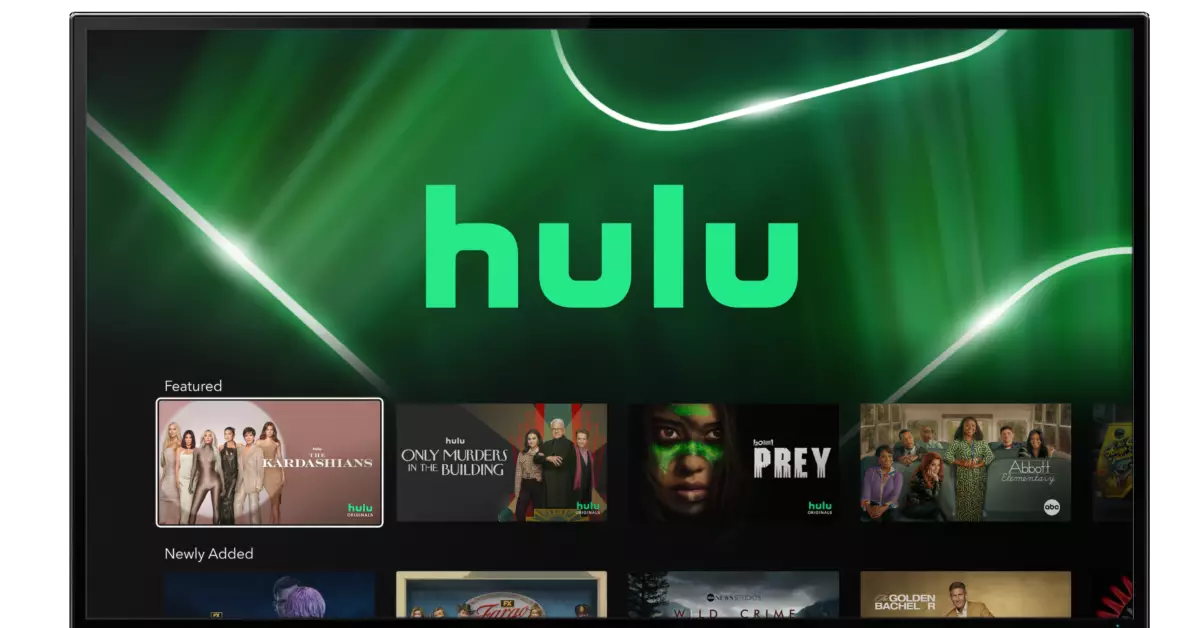Hulu’s recent revision of its Terms of Service to explicitly ban password sharing has come as no surprise, considering the expanding trend of streaming platforms cracking down on this practice. Netflix’s successful password sharing crackdown and Disney’s intention to follow suit were clear indications of this shift in the industry. Furthermore, as Disney’s ownership of Hulu is set to expand, it makes sense for the streaming service to align its policies with Disney’s password sharing crackdown on Disney Plus.
The New Terms of Service and Its Implications
The updated Terms of Service state that subscribers will no longer be allowed to share their Hulu accounts outside of their primary personal residence. This clarification restricts account access to the collection of devices associated with the subscriber’s household. While additional usage rules may apply for specific service tiers, Hulu reserves the right to analyze account usage and take action if a violation is detected. The lack of details regarding the measurement of compliance and the speed of action raises concerns among subscribers. Additionally, despite the mention of more information regarding account sharing in the Hulu Help Center, currently, there are no available help articles on this topic.
The Impact on Friends, Family, and Freeloaders
Hulu’s crackdown on password sharing raises significant implications for friends, family, and freeloaders who have been accessing the service through shared accounts. With the deadline for compliance set for March 14th, 2024, these individuals will need to reconsider their streaming strategies. No longer will they be able to enjoy the convenience and cost-saving benefits of accessing Hulu without paying for their own accounts. This move effectively forces them to either subscribe individually or seek alternative streaming options.
Driving Revenue Growth through Crackdowns
The proliferation of password sharing crackdowns across various streaming platforms highlights a common goal: driving revenue growth. Netflix’s successful results following its crackdown demonstrated the potential for capturing a significant number of subscribers who were previously benefiting from shared accounts. Similarly, Disney’s inclusion of password sharing restrictions on Disney Plus indicated the company’s intention to maximize growth and profitability. It is evident that Hulu aims to amplify its revenue through this action, following in the footsteps of its industry counterparts.
While the crackdown on password sharing may seem like a straightforward solution to increase revenue, there are challenges and limitations that streaming platforms must overcome. One such challenge is the measurement of compliance and the prevention of circumvention methods. Determining whether shared access is occurring outside the primary personal residence presents difficulty, as IP addresses and location tracking can be unreliable indicators. Additionally, the use of Virtual Private Networks (VPNs) can mask the true location of users, further complicating enforcement efforts. These challenges undermine the effectiveness of the crackdown and may lead to unintended consequences.
Implications for the Streaming Landscape
Hulu’s decision to crack down on password sharing reflects a broader shift in the streaming landscape. As streaming platforms strive to maximize revenue and profitability, tightening account access represents a significant strategy. This move may prompt other streaming services to follow suit, ultimately resulting in a substantial reduction in the number of shared accounts. The outcome may lead to increased revenue for the platforms but could also affect consumer behavior, as individuals seek alternatives or prioritize subscribing to individual services.
One area where Hulu’s password sharing crackdown falls short is in transparent communication and clarity. The revised Terms of Service lack essential details regarding compliance measurement and the speed of action. This ambiguity creates uncertainty among subscribers and raises questions about how Hulu will enforce its policy. To ensure customer satisfaction and loyalty, streaming platforms should prioritize clear and comprehensive communication to address any concerns and provide transparent information.
Hulu’s decision to crack down on password sharing aligns with the growing trend in the streaming industry. While it aims to drive revenue growth by compelling individuals to subscribe, challenges in enforcement and the potential impact on consumer behavior must be considered. Furthermore, transparent communication and clarity in policy implementation are essential to maintain subscriber satisfaction. As the streaming landscape evolves, it will be crucial for both platforms and subscribers to adapt to the changing dynamics of account access and usage.


Leave a Reply